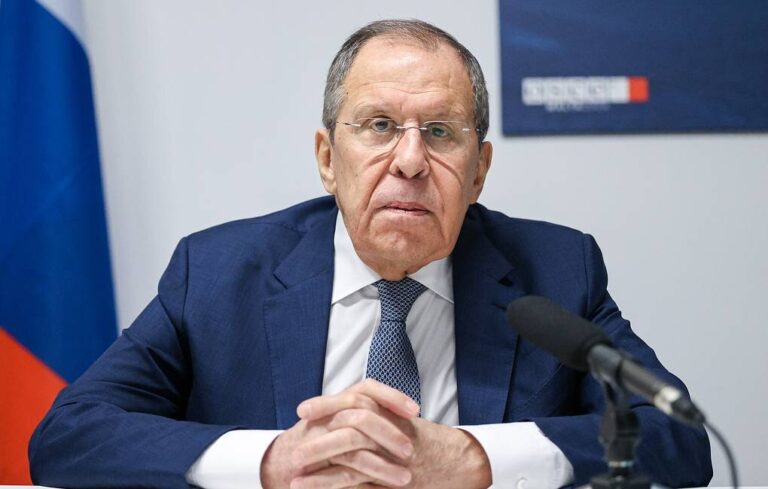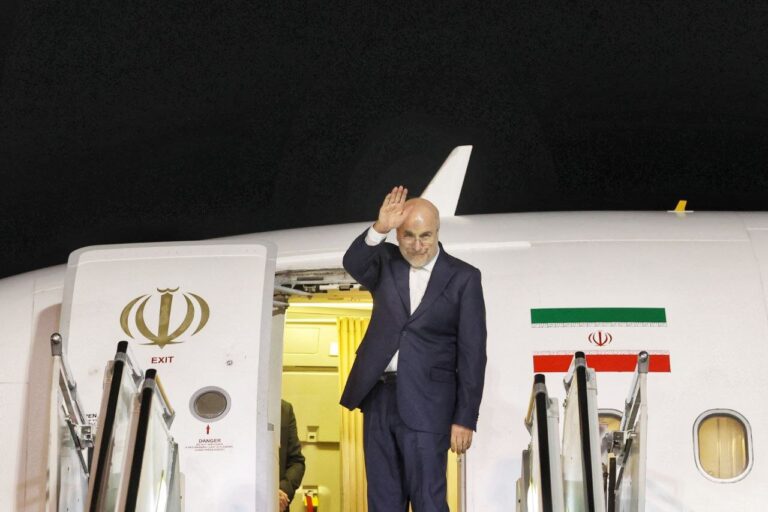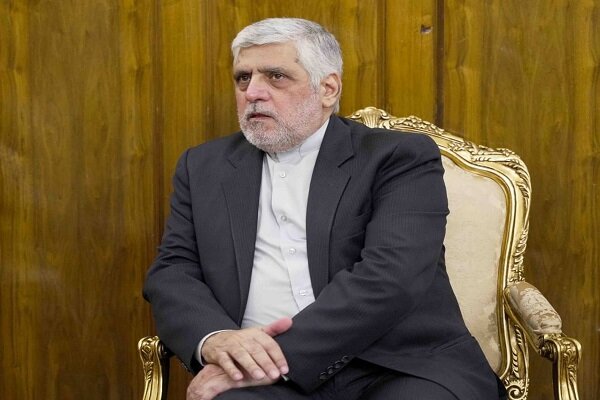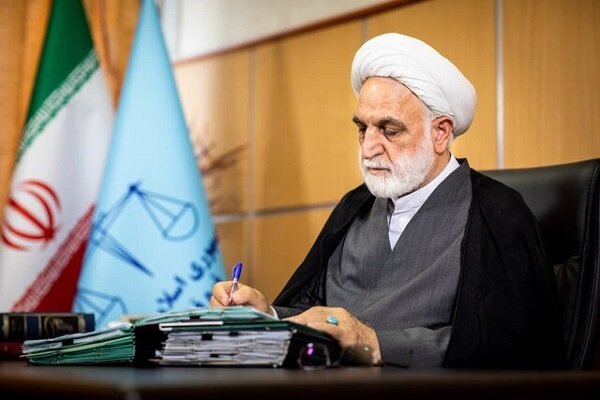Inside Trump’s Secret Strategy: Attack Plans Against Yemen’s Houthis Revealed on Signal
The recent disclosure by The Atlantic regarding sensitive communications within the Trump administration has stirred significant discussion about national security protocols. The article reveals what it describes as “attack plans” against Yemen’s Houthi rebels, shared in a group chat that mistakenly included a prominent media figure. This situation raises important questions about the security of communication channels used for discussing military operations.
On Wednesday, The Atlantic published its findings following attempts by the Trump administration to minimize the impact of these shared texts. Here’s what we learned:
The Context of the Signal Chat
On Monday, a reporter confronted Secretary of Defense Pete Hegseth about the plans shared for an upcoming attack in Yemen via the Signal messaging app. Hegseth responded, “Nobody was texting war plans. And that’s all I have to say about that.” This statement came in the wake of a security breach reported by The Atlantic, which highlighted the potential risks associated with such informal communication methods.
During a subsequent Senate hearing, both Tulsi Gabbard, the Director of National Intelligence, and John Ratcliffe, the CIA Director, were questioned about the Signal chat that had included Jeffrey Goldberg, The Atlantic’s editor-in-chief. Gabbard assured the committee, “There was no classified material that was shared in that Signal group.” Ratcliffe echoed this sentiment, stating, “My communications, to be clear, in the Signal message group were entirely permissible and lawful and did not include classified information.”
President Trump, when asked about the matter, confirmed, “It wasn’t classified information.” However, these affirmations have led to a dilemma regarding the content and implications of the communications shared within the chat.
Key Takeaways from The Atlantic’s Findings
- The texts contain details about the timing and rationale for military actions against Houthi positions.
- The information shared could pose a significant risk if it were to fall into the wrong hands, especially concerning the timing of military strikes.
- The administration’s attempts to downplay the significance of these messages have sparked debate about the security of such informal communication channels.
Experts have expressed concerns regarding the use of Signal for discussing sensitive military operations. The potential for sensitive information to be leaked is particularly alarming, as illustrated by the fact that Goldberg received critical details about planned attacks just hours before they were set to take place.
The Publication Dilemma
The Atlantic had initially withheld specific details regarding the nature of the military operations to avoid endangering U.S. personnel. However, the conflicting statements from administration officials prompted the publication to reconsider its position. They expressed a clear public interest in revealing the full context of the Signal chat, particularly as senior officials attempted to downplay the importance of the shared messages.
On Tuesday, The Atlantic reached out to various Trump administration officials for their stance on publishing the complete texts. They received a response from White House Press Secretary Karoline Leavitt, who reiterated, “As we have repeatedly stated, there was no classified information transmitted in the group chat.” Nevertheless, officials expressed objections to releasing the conversation, emphasizing that it was intended for internal deliberation among senior staff.
Details of the Signal Conversation
Much of the dialogue in the chat revolved around operational details related to the attacks on Houthi targets. A notable message from Hegseth indicated a confirmed launch window:
- 11:44 AM ET: “TEAM UPDATE: TIME NOW (1144et): Weather is FAVORABLE. Just CONFIRMED w/CENTCOM we are a GO for mission launch.”
- 12:15 PM ET: “F-18s LAUNCH (1st strike package).”
- 1:45 PM ET: “Trigger Based’ F-18 1st Strike Window Starts…”
This exchange illustrates a concerning lapse in operational security, as Hegseth inadvertently disclosed sensitive timing details that could have been exploited by adversarial forces. The implications of such a leak could have catastrophic consequences for American personnel involved in the operation.
In the aftermath, Vice President J. D. Vance and other officials participated in the discussion, further emphasizing the operational details and real-time intelligence being shared within the chat. The rapid dissemination of this information highlights the challenges that come with using informal messaging platforms for serious military communications.
Conclusion
The Atlantic’s revelations shed light on the complexities and risks associated with using unsecured communication channels for discussing military operations. As discussions continue regarding the implications of these texts, it remains essential to prioritize the security of sensitive information to protect the lives of U.S. personnel and maintain national security.
As the situation evolves, further scrutiny will likely be placed on the protocols governing the classification and communication of military actions within the administration.






